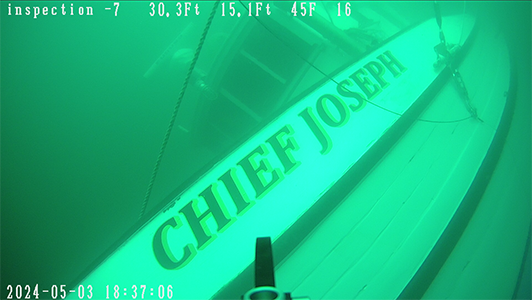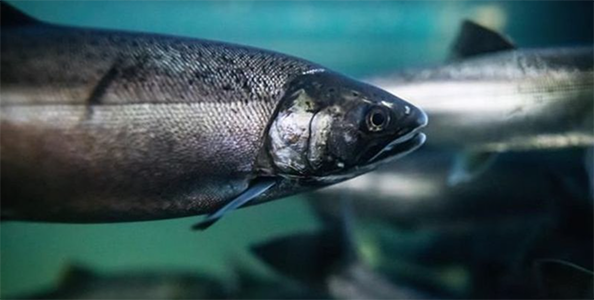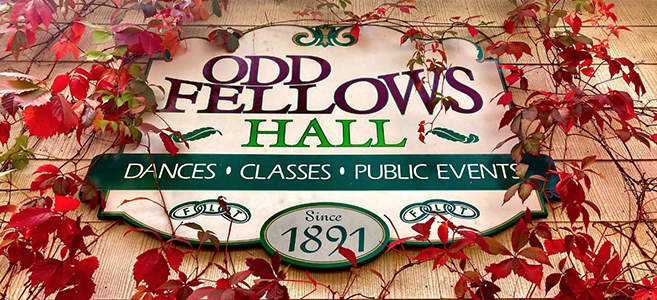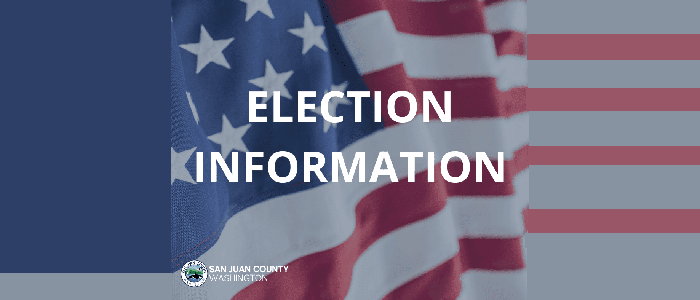||| MIDNIGHT MUTTERINGS by JACKIE BATES |||
If you read my bio here, you can see that my youngest years were spent in a tiny village near the Cape Fear River in North Carolina, where I lived with my father (who ran a power plant as required for non-military war work) and a number of family animals.
Someone gave us a pair of bantam chickens. The hen went to my brother and the rooster to me. The hen disappeared with my brother who lived with our mother and our two older sisters in Raleigh, where the schools were ‘better’ according to our mother. Those other family members visited occasionally, possibly every weekend, but I regarded them as interlopers who had very little to do with my life. I was approaching my fourth birthday that spring when Rooster was approaching his maturity, which brought him to full size with a body about the size of a man’s fist.
I became determined that Rooster would lay eggs. To that end, Rooster and I spent a good deal of time and effort making nests to encourage him in a project that was mine alone. We were assisted by Winston Churchill, an English Setter who was pretty much willing to do anything that interested me. We collected materials, primarily pine straw which nature conveniently provided. Our primary nest-building surface was on the flat roof of Winston Churchill’s private residence which was just the right height and not far from the house. (Which, incidentally had been a Country Club taken over by the government for the war effort and provided to my father for residence while he did his essential work.)
I wasn’t interested in the house and don’t remember much about it besides the ballroom which was perfect for riding my tricycle and sliding on its shiny floors on rainy days. I was interested in Rooster’s egg laying progress. Surely some adult must have tried to discourage my efforts with a bit of reality, but I remember nothing of the sort. In my mind, Rooster was a chicken and chickens lay eggs. Wonderful, tiny eggs in the case of Bantam Chickens I had learned from somewhere.
So our work went on, though progress was poor. Rooster refused to sit on his luxurious nests for long and wouldn’t ever try to copy the egg laying noises I demonstrated helpfully. If Rooster crowed like a, well, a rooster, I don’t recall it.
Eventually, my efforts faded and egg laying lessons were less on my agenda until one Sunday morning my father asked me if I had checked Rooster’s nest lately.
I had not, but Rooster and I accompanied Winston Churchill to his private residence for a look-see, though I didn’t have much hope.
There on the pine straw was an enormous egg, almost a large as Rooster’s body. And it wasn’t any ordinary egg either. It was the kind of Easter Egg I haven’t seen in years. I don’t know what it was made of or by whom, but it was hollow, with a hole in either end, one covered with some transparent something. If you looked in the open end, there was a miniature village with houses, a church and steeple, and green trees. That’s all I remember. There may have been more wondrous aspects of the egg, but I recall only the outside that had gorgeous painted illustrations and a stiff lace perimeter that would have made egg laying remarkably painful, probably lethal, even for a full sized rooster.
Neither Rooster nor the amazing egg made the move to Raleigh at the end of the war and I don’t know what happened to either. I do know I never doubted that Rooster laid that egg, though he never did it again in spite of my hopeful assistance.
I forgot about the egg for years, and only recalled it when I was teaching child development courses to first generation college students. One assignment I gave every class was to write a paper about something they believed in childhood that they only realized in adulthood would have been impossible. That was when I remembered Rooster’s beautiful egg.
Those were my favorite student papers and I still remember some of them, but that’s another column. Meanwhile, Happy Easter if that’s something you celebrate. And may all your eggs be extraordinary. Please tell us here, if you are so inclined, about a childhood belief you held into maturity.








